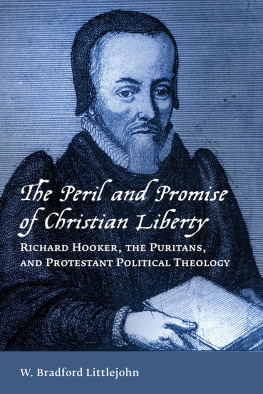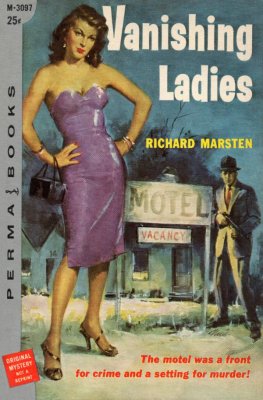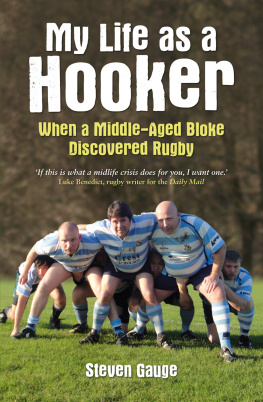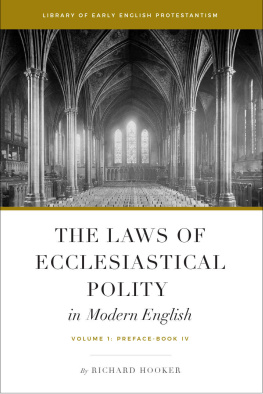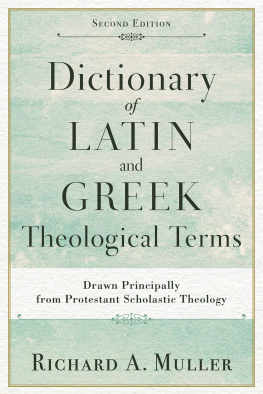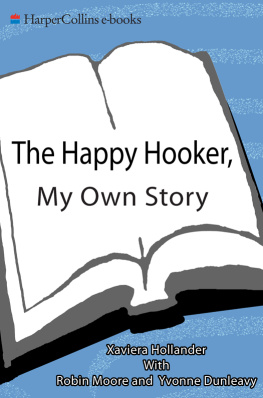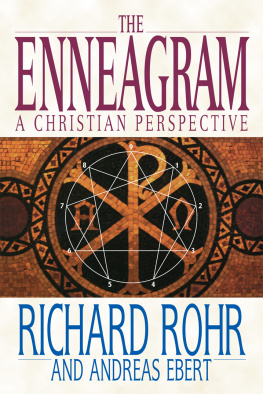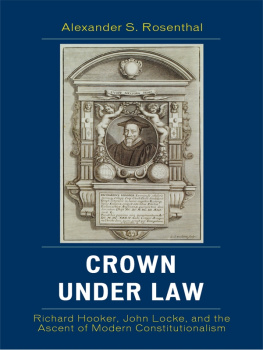The Peril and Promise of Christian Liberty
Richard Hooker, the Puritans, and Protestant Political Theology
W. Bradford Littlejohn
WILLIAM B. EERDMANS PUBLISHING COMPANY
GRAND RAPIDS, MICHIGAN
Wm. B. Eerdmans Publishing Co.
2140 Oak Industrial Drive N.E., Grand Rapids, Michigan 49505
www.eerdmans.com
2017 W. Bradford Littlejohn
All rights reserved
Published 2017
23 22 21 20 1918 171 2 3 4 5 6 7
ISBN 978-0-8028-7256-2
eISBN 978-1-4674-4702-7
Library of Congress Cataloging-in-Publication Data
Names: Littlejohn, W. Bradford, author.
Title: The peril and promise of Christian liberty : Richard Hooker, the Puritans, and Protestant political theology / W. Bradford Littlejohn.
Description: Grand Rapids : Eerdmans Publishing Co., 2017. | Series: Emory University studies in law and religion | Includes bibliographical references and index.
Identifiers: LCCN 2016058804 | ISBN 9780802872562 (pbk.)
Subjects: LCSH: LibertyReligious aspectsChristianityHistory of doctrines. | Hooker, Richard, 1553 or 1554-1600. | Christianity and politics. | Protestant churchesDoctrines.
Classification: LCC BT809 .L58 2017 | DDC 261.709dc23
LC record available at https://lccn.loc.gov/2016058804
Like perhaps many other things in life, a book is a disconcerting combination of, on the one hand, meticulous planning and disciplined execution, and, on the other hand, the completely unforeseen and fortuitous: the chance meeting and conversation at a conference or (more often perhaps nowadays) online, the curious footnote pursued into a treasure-trove of exciting discoveries, an offhand suggestion by your supervisor that blossoms into an important new line of inquiry, the epiphany that comes during the morning walk to your desk or over your third coffee as you muse on Rachmaninovs Third. Unfortunately, it is only the first of these categories, by far the less consequential contribution, that the lowly writer can take any credit for. For the rest, he can only say, non nobis, Domine, sed Nomini Tuo da gloriam! However, it smacks suspiciously of false modesty to wax eloquent thanking God on an Acknowledgments page, a way of not-so-subtly insinuating to ones readers that everything before them has Gods personal stamp of approval, being his own handiwork. Thankfully, however, God works mostly through strange and fallible secondary causes, especially those that walk on two legs, and to these it is appropriate to indulge in effusions of gratitude.
Many of these (some long dead) have made their contribution primarily through the written word, sealed up between two covers of a book; these are honored in the appropriate (though depressingly formal) way in the footnotes and bibliography that accompany this work, so there is little point listing them here. I will make an exception of three only. David VanDrunen deserves a word of thanks here. His book Natural Law and the Two Kingdoms fortuitously came my way six years ago and set me on a quest of refutation that led me unexpectedly to write the dissertation that led to the present book. In the process, of course, the nature of the refutation changed dramatically, and I learned a great deal from him; indeed, by the end it was clear that the points I wished to make could be argued without needing a sustained polemical foil, so you will find relatively little of VanDrunens work in these pages. In any case, I am grateful to Dr. VanDrunen, who was polite enough to meet me for a beer and a somewhat confusing argument about Calvin even after I had intemperately savaged him in printand has been just as gracious when our paths have crossed since. In a very different way, my debt to Torrance Kirby in various ways is evident all over the pages that follow, although he will no doubt find much to quibble with. The rich insights I have mined from his books and articles have been complemented by his patient correspondence and feedback over the past few years, during the early part of which he displayed great perseverance in trying to drill the Reformational two-kingdoms concept into my thick head. Third, of course, I must thank Richard Hooker, of blessed memory (as Paul Stanwood likes to always add), who has been far more to me during the years of writing this book than merely its subject. I hope it will not sound like sacrilege to say that his words have been a lamp for my feet and a light unto my path in more ways than I can count, many of them well beyond the scope of this research.
For introducing me to Hooker (or reintroducing, as I had made a passing though passionate acquaintance with him during a summer study at Oxford some years ago), I must thank of course my PhD dissertation supervisor Oliver ODonovan, who throughout the process of my doctoral studies guided me with a gentle but judicious hand. His suggestions have been few but carefully chosen, and have usually yielded abundant fruitnone more so than his absurd insistence that I spend my Christmas break five and a half years ago toiling through the eight books of the Ecclesiastical Polity, which had, I thought, little bearing on my anticipated topic. The reader will find that when I came to write the conclusion of this book, his influence on me proved deeper than even I had realized, as I could not help circling back to his many insightful formulations of related problems in his own works over the past few decades. His wife, Joan, proved an extraordinary (though again, an unforeseen) secondary supervisor, meticulously flagging the least grammatical transgression or conceptual ambiguity throughout the process, and bringing to bear a rare mastery of the key texts and concepts with which I was wrestling. I have missed both of them dearly since leaving Edinburgh nearly three years ago, and I hope they will forgive my long procrastination in bringing this work to print. Susan Hardman Moore and Paul Avis served as gracious but attentive examiners for my dissertation defense, offering several useful suggestions on how to improve the text for publication.
Perhaps just as important as their formal supervision has been the quirky but unfailing advice of my friend and mentor, Peter Escalante. I had the uncanny experience, at various times since stumbling upon the topic and argument of this book, that I was simply unfolding ideas that he had somehow planted in my head sometime in autumn 2010. I appreciate also Peters willingness to read over each chapter draft as it appeared. Many other friends (some of them friends formed along the way) also helped by their suggestions, conversations, feedback on drafts, and penetrating questions. Steven Wedgeworth, Jordan Ballor, and Eric Parker in particular, gave me many helpful ideas and put a number of key resources in my path; the opportunity to work with Jordan on a project on sixteenth-century Calvinist church discipline was especially fruitful. My dear friend Andrew Fulford read over several bits at the crucial revising stage, helping me ensure that they were polished and comprehensible enough, and has also given valuable feedback on the revisions. His own doctoral work on Richard Hooker, which I have enjoyed discussing with him these past couple of years, promises to add greatly to what I have tried to achieve in my own writing. I also owe a great debt of gratitude to my old and brilliant friend Davey Henreckson, who will no doubt be the secure occupant of a professorial chair at Yale Divinity while Im still trying to jerry-rig my own personal theological-pedagogical revolution a few years hence. Throughout the process, he has asked many challenging but penetrating questions, and made a number of suggestions, many of which turned out to be very useful indeedputting me onto John Perrys

